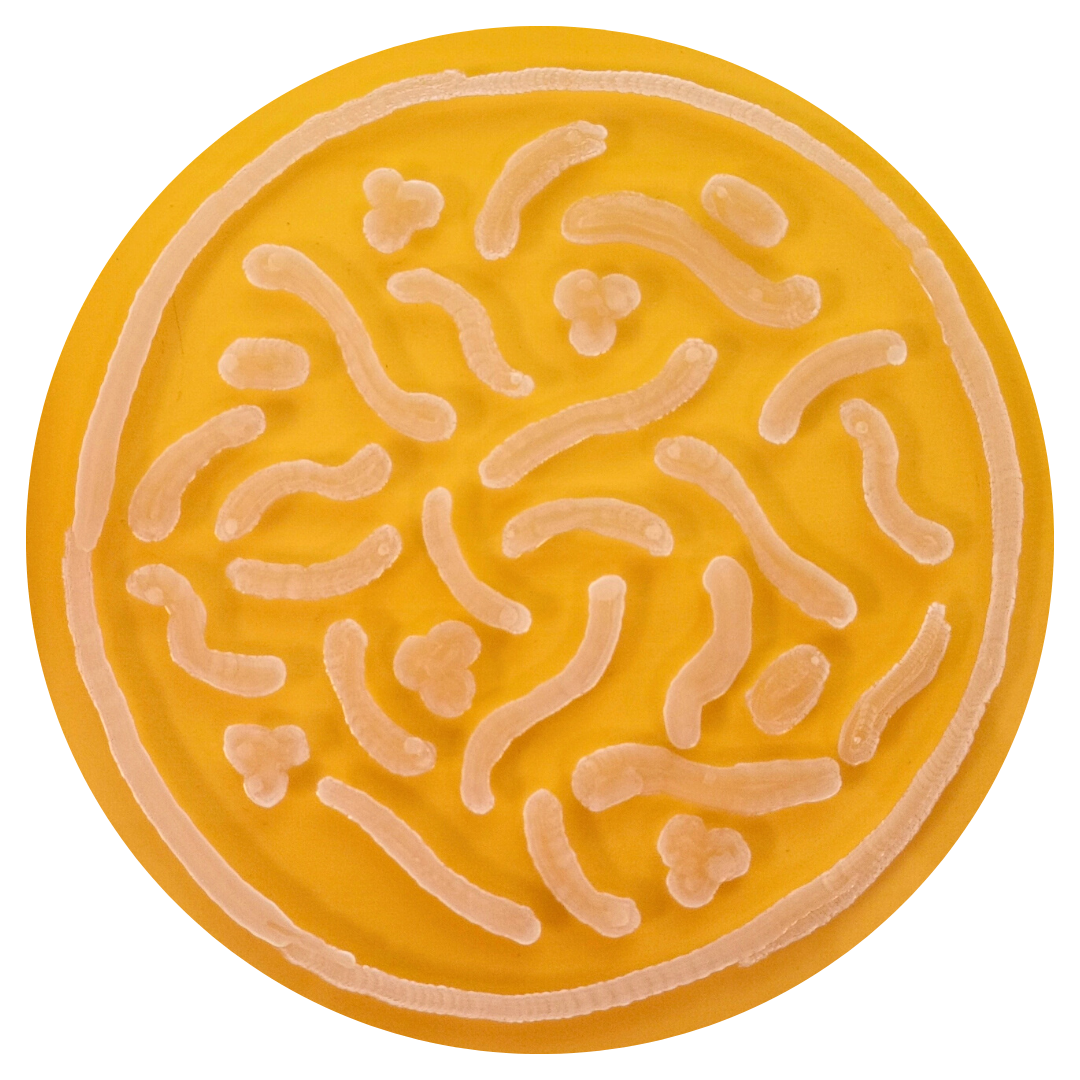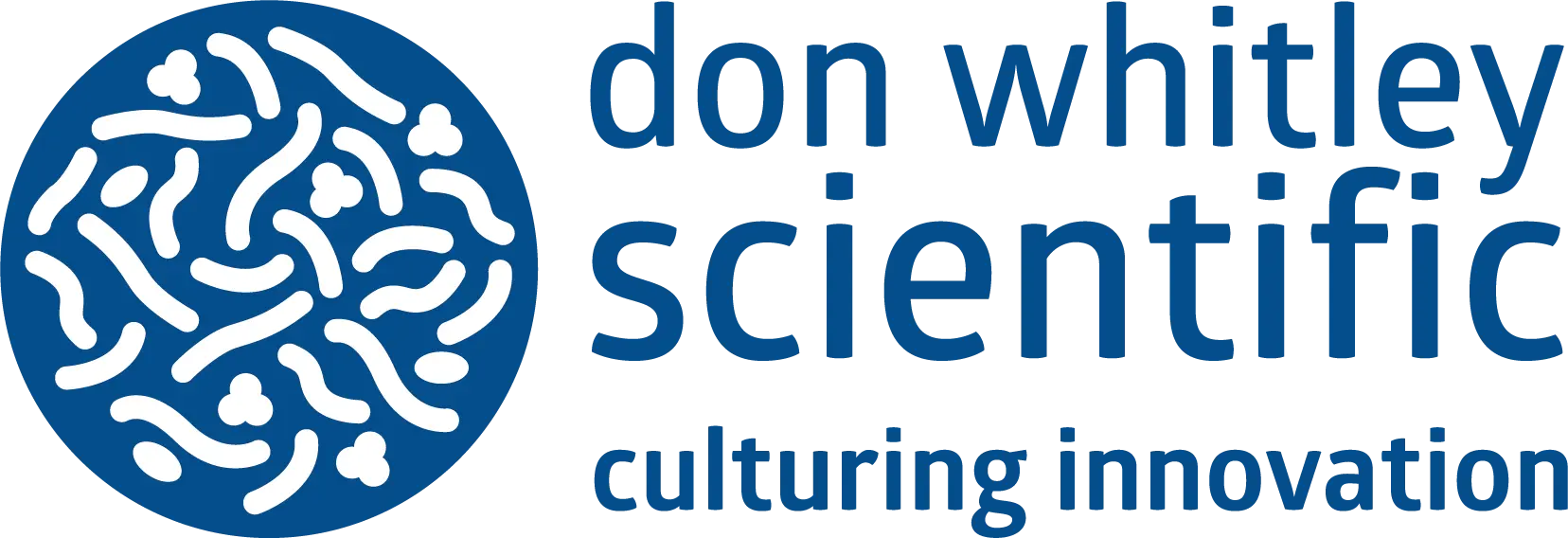
Building on the definition from the World Health Organisation (WHO) and the European Food Safety Authority (EFSA); the International Scientific Association for Probiotics and Prebiotics (ISAPP) revised the definition of probiotics to “live microorganisms that, when administered in adequate amounts, confer a health benefit on the host” in 2014 [1]. Certain bacterial strains have shown to benefit the host by stimulating the native gut microbiota and outcompeting potential pathogens within the gut, triggering the host immune response and releasing metabolites that aid the host in digestion or have antimicrobial properties [2,3]. Research has demonstrated that the correct use of probiotics could elicit human health benefits and has highlighted the potential for use of probiotics to alleviate symptoms of gut disorders, ulcer treatment, reduce the risk of colon cancer [2] and alter the gut-brain axis [4].
Recently, Ng et al. conducted a literature review and evaluated the outcomes of 7 clinical trials looking at the effects of probiotic supplementation in patients with Major Depressive Disorders (MDD). Previous studies have shown that the gut microbiome of depressed patients has lower levels of certain beneficial bacteria, such as Lactobacillus spp. and Bifidobacterium spp., and a higher proportion of Enterobacteriaceae, including some pathogenic strains [4]. The group found that overall, there were modest improvements in depressive symptoms with probiotic intervention within these clinical trials. Some trials did find an increase in diversity and abundance of butyrate producing bacteria, which could contribute to the upregulation of brain-derived neurotrophic factor, and other trials have found that probiotics can influence the production of neurotransmitters Serotonin and Dopamine [4]. The limited effects observed could be accounted for by the short duration of the trials, and Ng et al. concluded that longer-term studies are needed to fully assess the significance of the findings so far, and the impacts of specific organisms and probiotic mixtures on MDD.
The capabilities of probiotics are also being researched as an alternative to antibiotic growth promoters (AGPs) within agriculture, and recently Tran et al. investigated the antimicrobial potential of six Bacillus strains against Clostridium perfringens, Escherichia coli, Staphylococcus aureus, Pseudomonas aeruginosa and Salmonella enterica. They firstly collected metabolite extracts from each of the Bacillus spp. and identified which strain extracts displayed the most antimicrobial activity against the selected pathogenic bacteria by conducting MIC tests [3]. These extracts were then analysed by HPLC and purified; revealing four surfactin C type lipopeptides that showed antimicrobial activity. These findings were challenged via an animal trial using Broiler hatchlings, where birds were dosed with a coculture comprising of three Bacillus probiotic strains. They recorded an increase in body weight, average daily gain and average daily feed intake and a decrease in feed conversion ratio compared to controls over 28 days [3]. They also found surfactin C analogues present within the caecum samples of the probiotic group after treatment, but not in the control group [3].
In recent years, oral probiotics are being used in some Neonate Intensive Care Units (NICUs) to alter the gut microbiota in preterm infants and reduce the incidence of necrotising enterocolitis (NEC) and late onset sepsis (LOS) [5,6]. Alcon-Giner et al. observed the gut microbiota and metabolome (using 16S RNA sequencing) of preterm infants that had received Bifidobacterium spp. and Lactobacillus spp. probiotics and compared the profile to controls who were not supplemented [6]. They found that Bifidobacterium had high abundance and, in some cases, dominated the gut at all sampled time points in supplemented infants compared to controls and that the strain persisted in the infant microbiota [6]. Furthermore, Lactococcus was only detected in some supplemented infants and had more of a transient effect but was still detected at a higher rate than in the control group [6]. The relative abundance of Escherichia, Clostridium, Klebsiella and Enterobacter was lower in the supplemented infants in comparison to controls, showing that supplemented preterm infants have lower abundance of potential pathogenic organisms that have been linked to NEC and LOS, and a faecal microbiota that is more consistent with a healthy, full term infant.
Do you have a live biotherapeutic product in the developmental stages? Fill out the form below to contact our Microbiology Laboratory today.
Written by DWS Microbiologist, Charlotte Austin.
References
- Hill C., Guarner f., Reid G., Gibson G.R., Merenstein D.J., Pot B., Morelli L., Canani R.B., Flint H.J., Salminen S, Calder P., Sanders M. (2014) The International Scientific Association for Probiotics and Prebiotics consensus statement on the scope and appropriate use of the term probiotic. Nature Reviews Gastroenterology & Hepatology 11, 506–514
- Yadav M.K., Kumari I., Singh B., Sharma K., Tiwari S. (2022) Probiotics, prebiotics and synbiotics: Safe options for next-generation therapeutics. Applied Microbiology & Biotechnology 106, 505–521
- Tran C., Horyanto D., Stanley D., Cock I.E., Chen X., Feng Y. (2023) Antimicrobial Properties of Bacillus Probiotics as Animal Growth Promoters. Antibiotics (Basel, Switzerland), 12(2), 407
- Ng Q.X., Lim Y.L., Yaow C.Y.L., Ng W.K., Thumboo J., Liew T. M. (2023) Effect of Probiotic Supplementation on Gut Microbiota in Patients with Major Depressive Disorders: A Systematic Review. Nutrients 15(6), 1351
- Acuna-Gonzalez A., Kujawska M., Youssif M., Atkinson T., Grundy S., Hutchison A., Tremlett C., Clarke P., & Hall L.J. (2023) Bifidobacterium bacteraemia is rare with routine probiotics use in preterm infants: A further case report with literature review. Anaerobe, 80, 102713
- Alcon-Giner, C., Dalby, M. J., Caim, S., Ketskemety, J., Shaw, A., Sim, K., Lawson, M. A. E., Kiu, R., Leclaire, C., Chalklen, L., Kujawska, M., Mitra, S., Fardus-Reid, F., Belteki, G., McColl, K., Swann, J. R., Kroll, J. S., Clarke, P., & Hall, L. J. (2020). Microbiota Supplementation with Bifidobacterium and Lactobacillus Modifies the Preterm Infant Gut Microbiota and Metabolome: An Observational Study. Cell reports. Medicine, 1(5), 100077


 en
en

 English
English